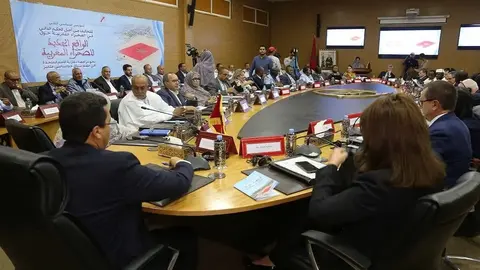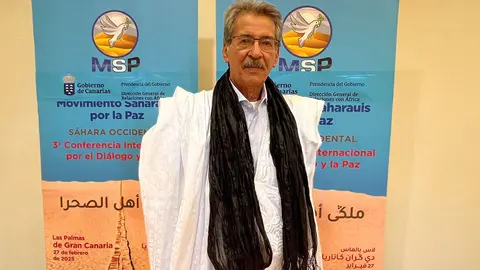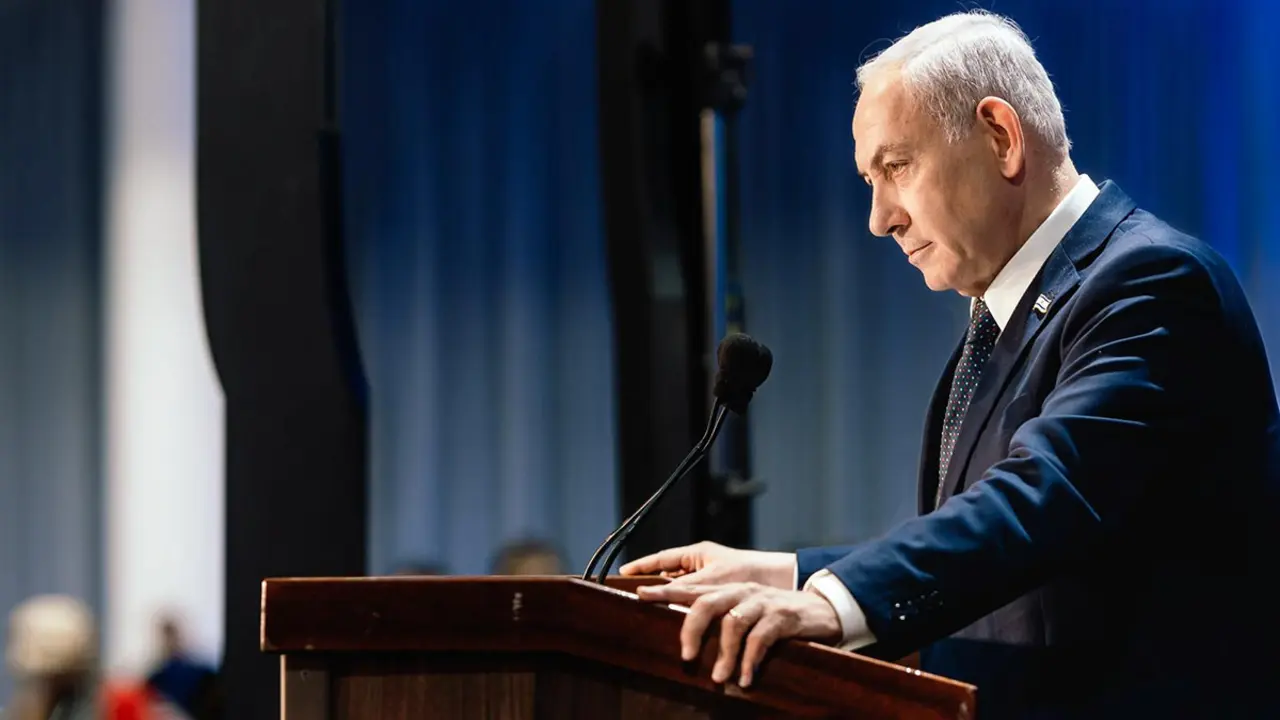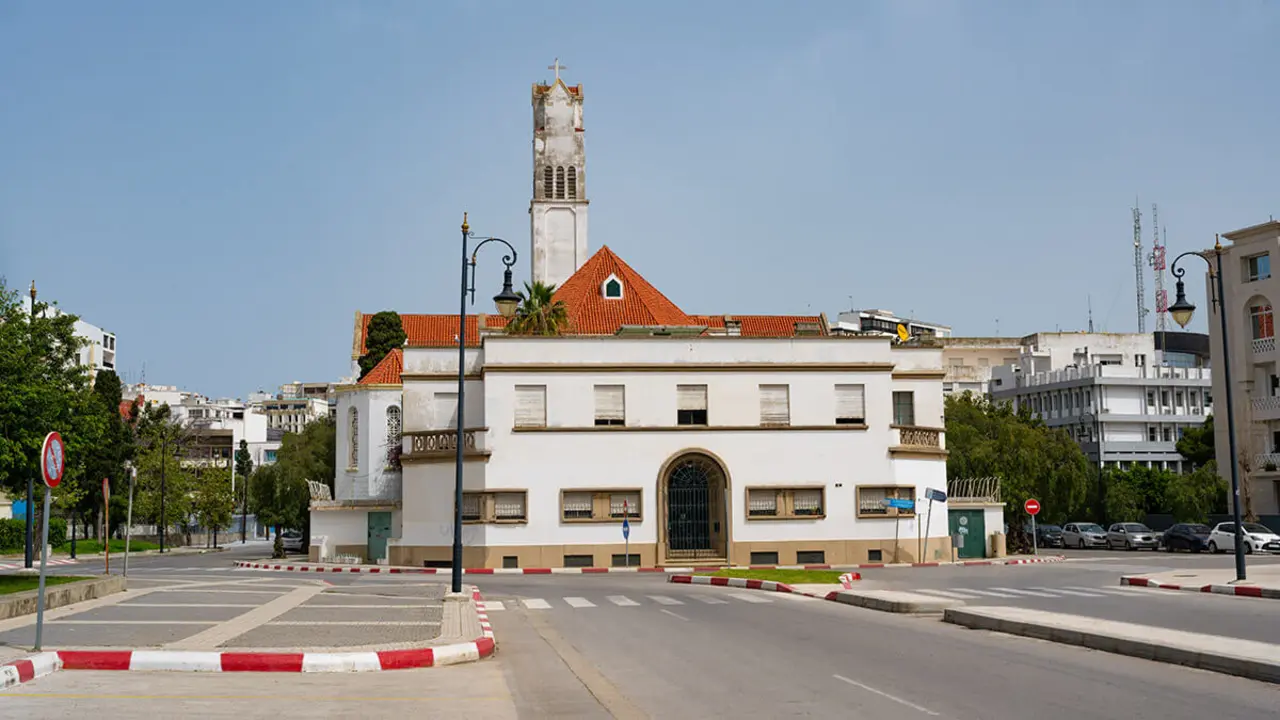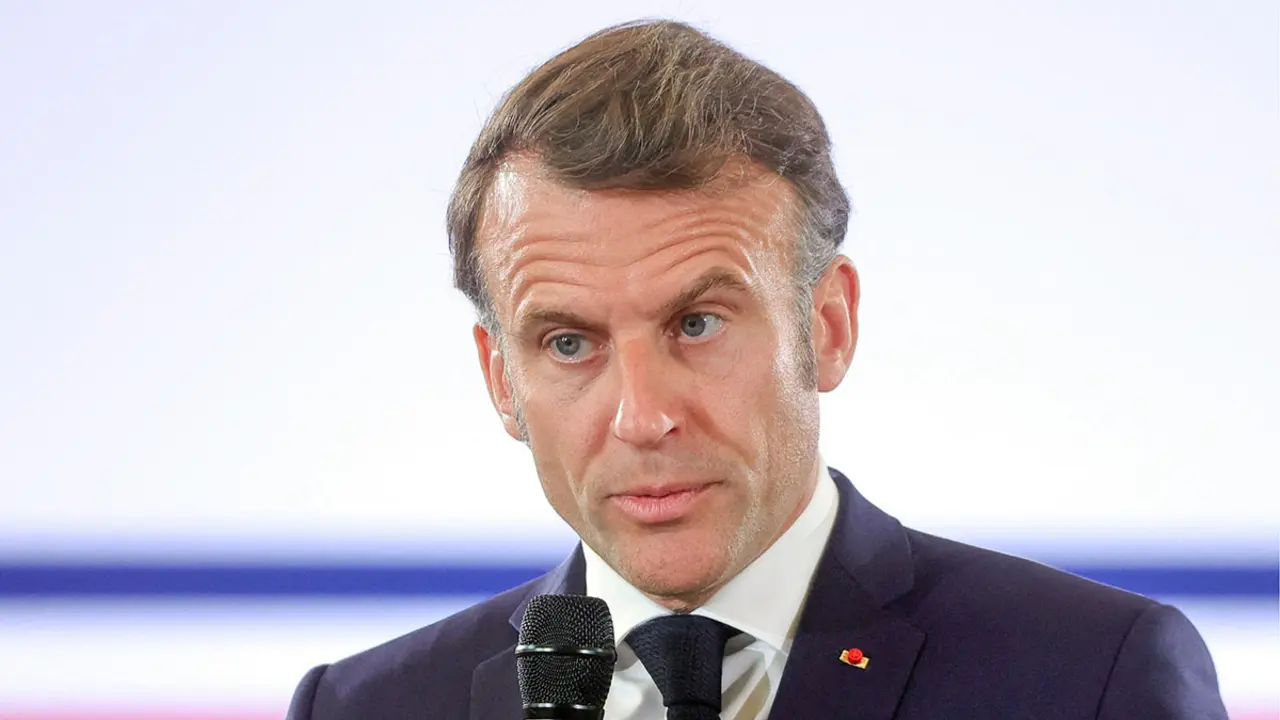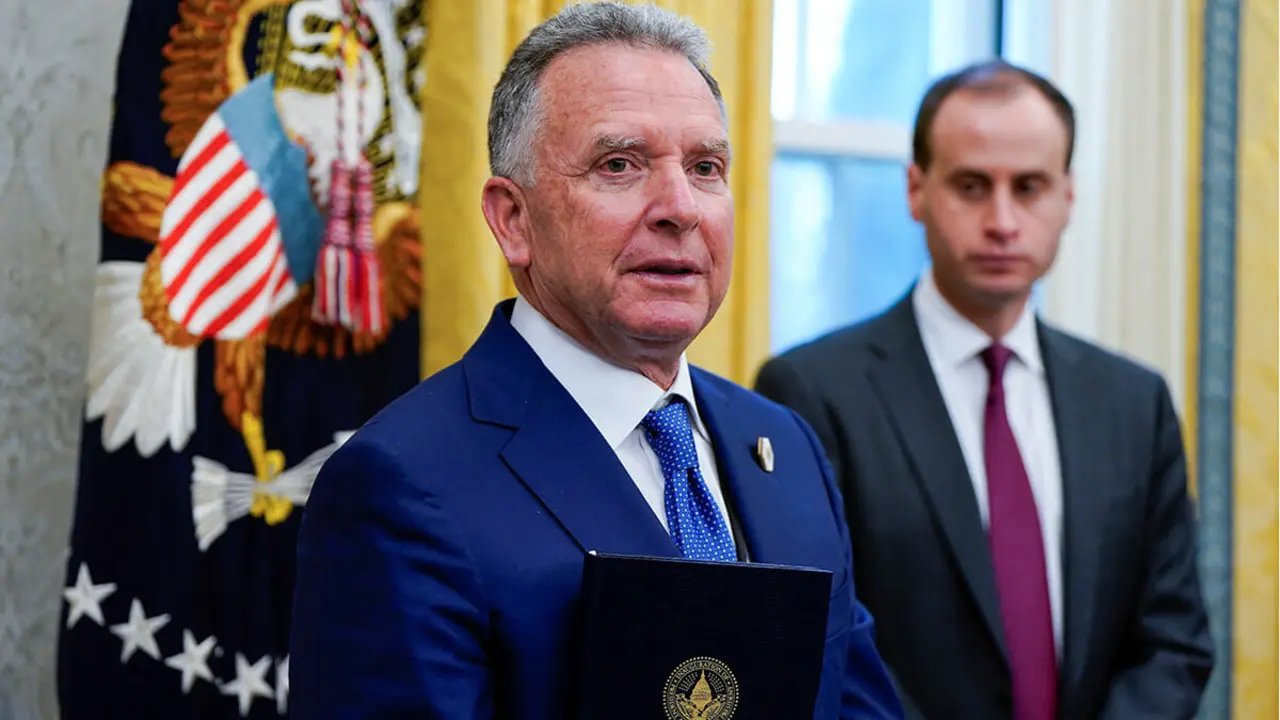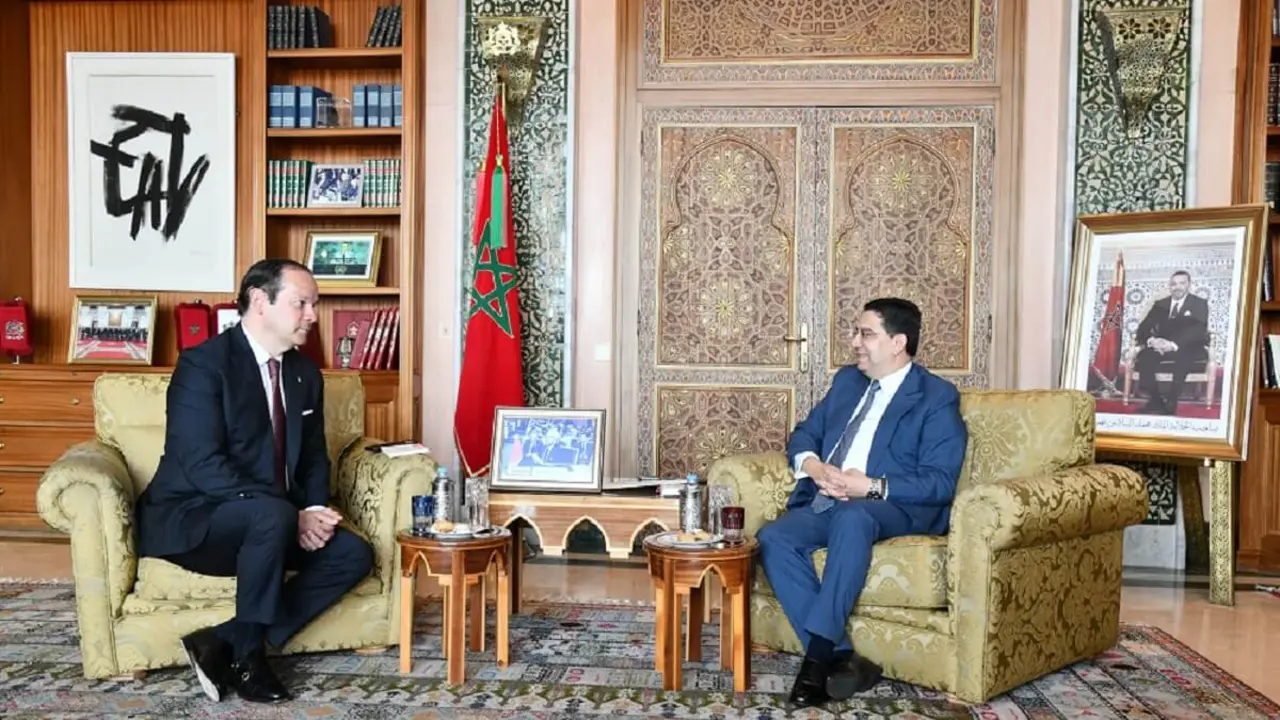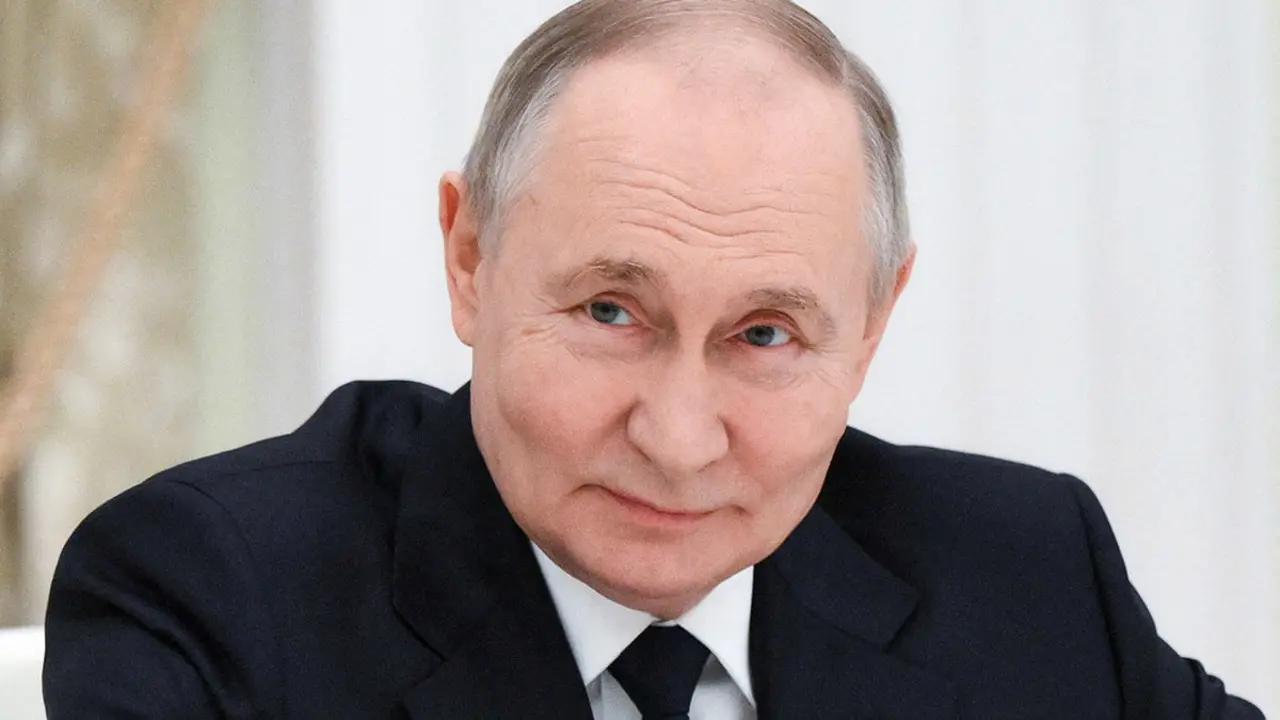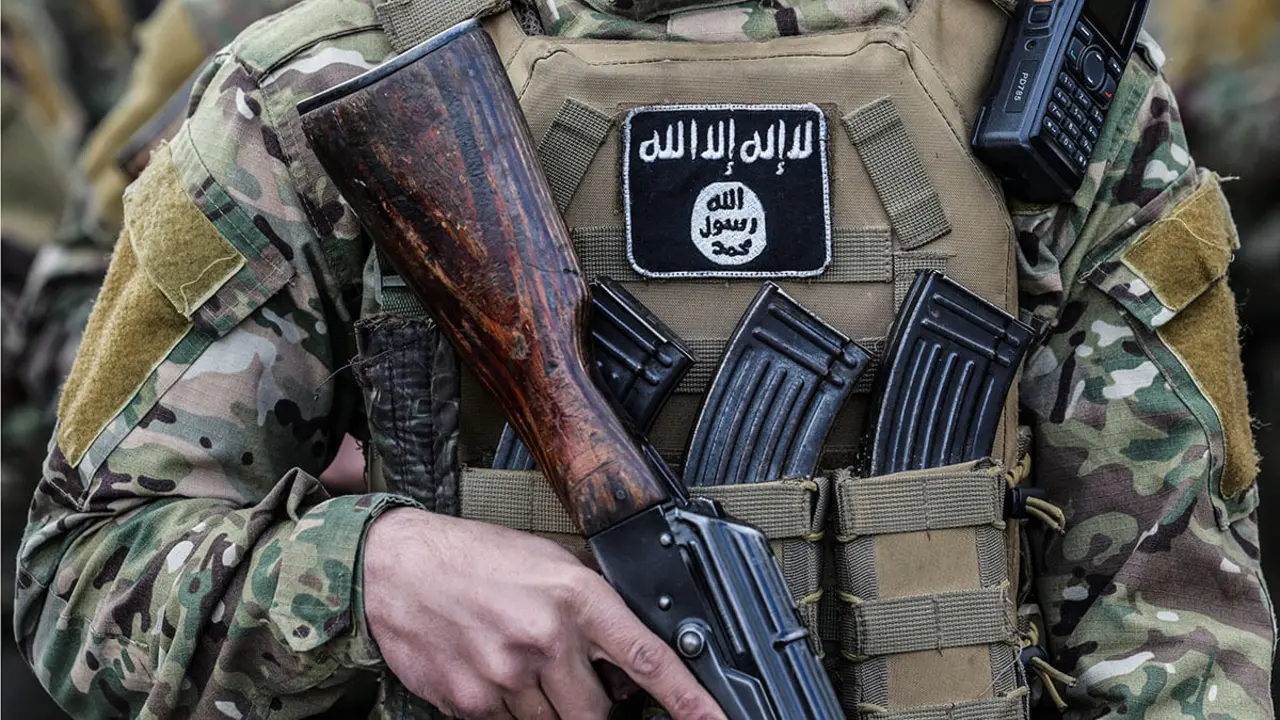Bordeaux hosts a conference on Western Sahara as a driver of regional and international development and cooperation
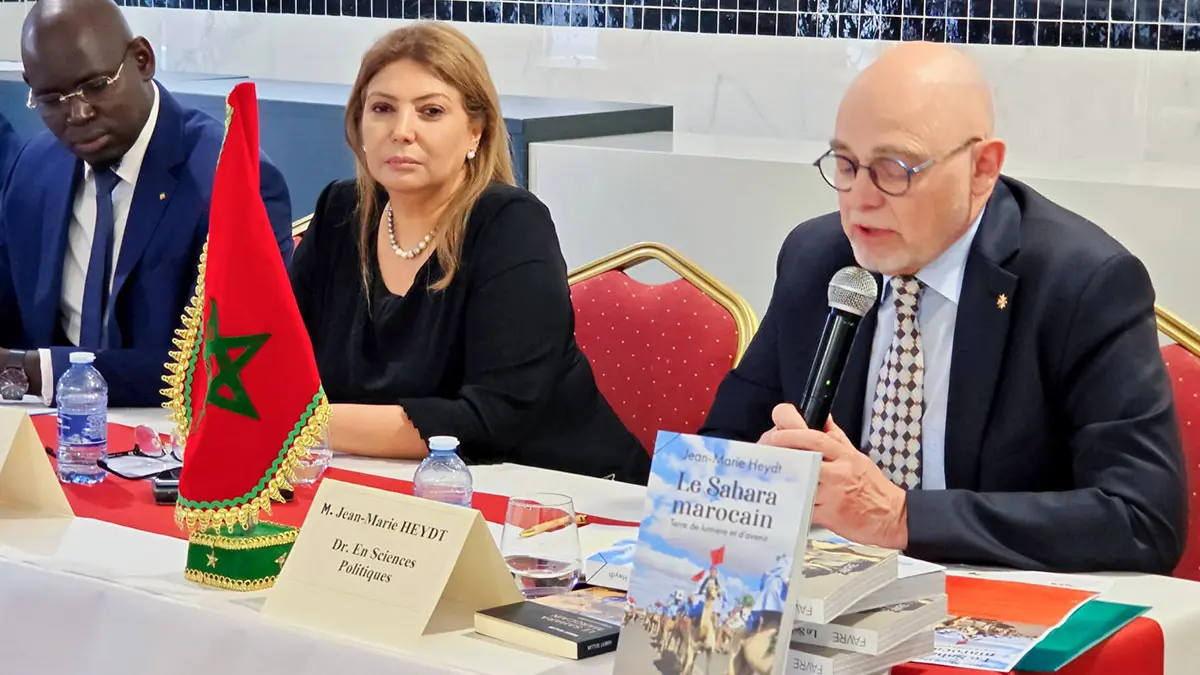
Last Friday evening, a prominent conference was held in Bordeaux on the book ‘The Moroccan Sahara: Land of Light and Future’, written by French-Swiss academic Jean-Marie Heydt. The event, organised on the initiative of the Consulate General of the Kingdom of Morocco in Bordeaux in collaboration with the African Cultural Institute, brought together a diverse audience of researchers, African diplomats, regional political representatives, businesspeople and members of the Moroccan community living in the region.
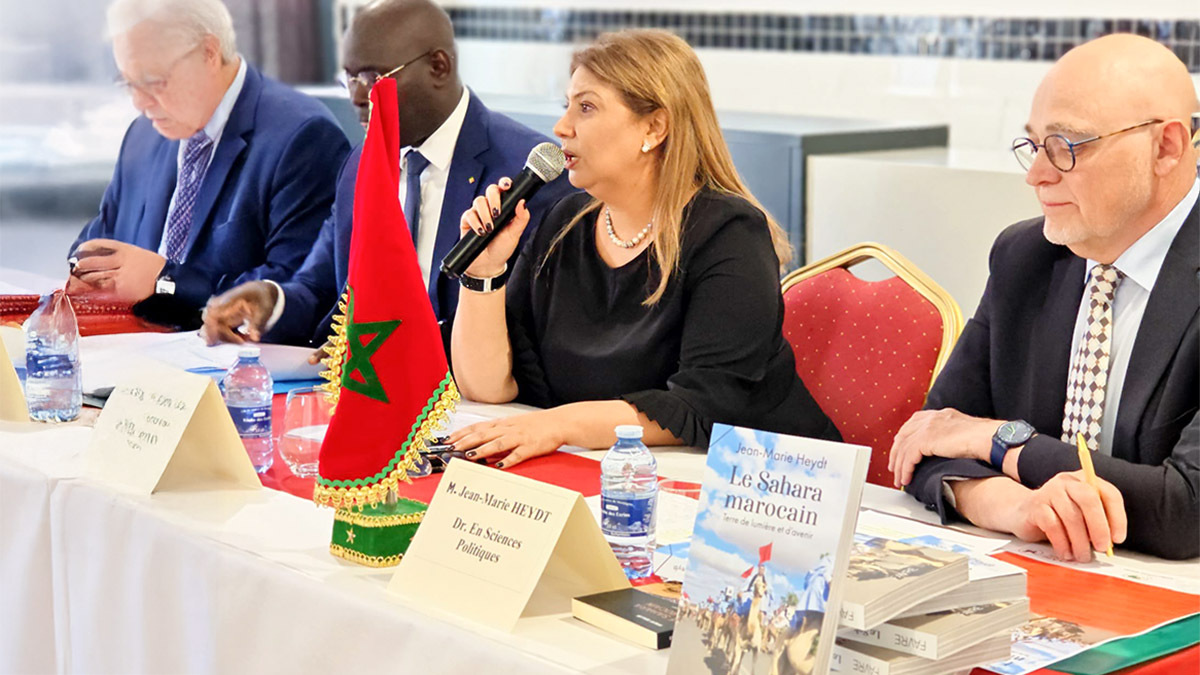
The conference served as a platform for reflection on Western Sahara and its key role in the strategic and economic challenges facing both Africa and Europe. In his speech, Professor Heydt analysed the realities of the territory described in his book, focusing on the daily dynamics that reflect the integration of the Sahara into the Moroccan national identity and its deeply African vocation.
The author highlighted the strong economic growth experienced by the southern provinces of the Kingdom and their central role in the realisation of a global African project of civilisational scope. He also pointed out that the Kingdom's vision for sub-Saharan Africa is committed to innovative and equitable partnerships, within a logic of South-South cooperation that is beneficial to all parties. As an example of this ambition, he mentioned the Dajla Atlantique port megaproject.
Heydt framed this strategy within a broader geostrategic vision that aims to consolidate the Sahara as a commercial and industrial link between Europe, Africa and South America. This aspiration is based, he explained, on the revitalisation of cultural, religious and economic ties with West Africa, accompanied by a significant expansion of Moroccan companies in key sectors such as banking, renewable energy and infrastructure.
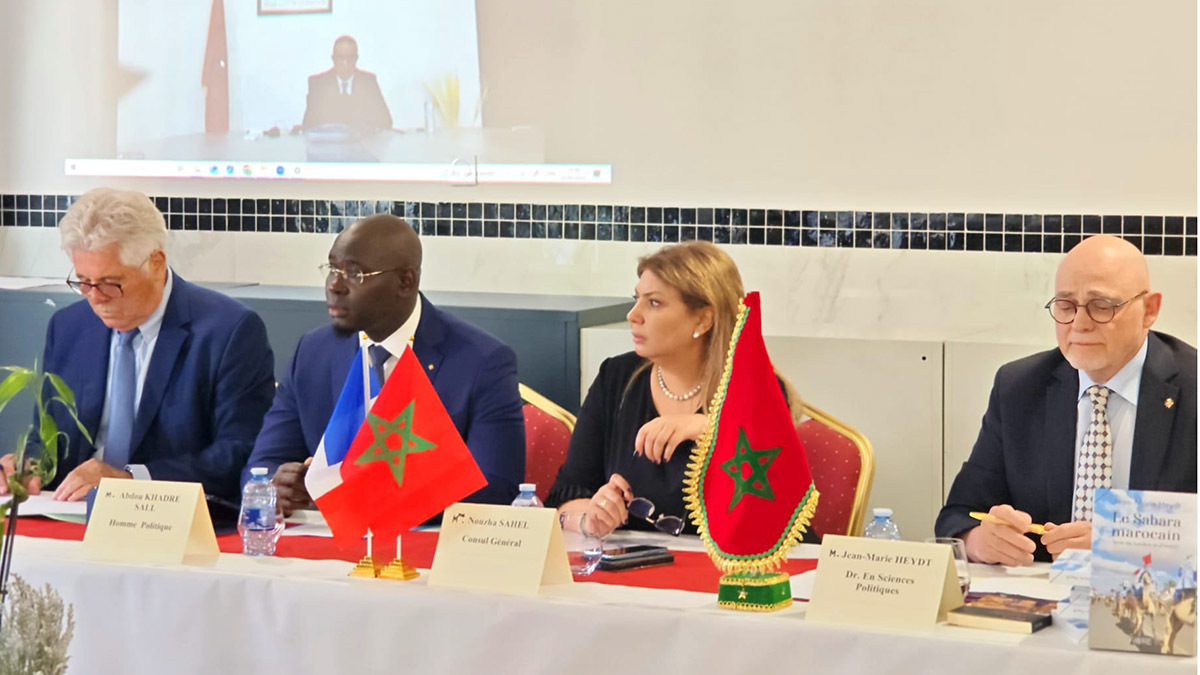
The conference also discussed the challenges facing the landlocked countries of the Sahel and West Africa. In this context, King Mohammed VI's proposal to move towards a strategic partnership with these countries, based on principles of mutual benefit, was highlighted.
In his speech, Abdou Khadre Sall, a Senegalese businessman and political figure, emphasised the importance of the French region of New Aquitaine, both from an institutional and business perspective, actively engaging in regional development projects with Morocco and other African countries.
Sall presented a paper entitled ‘The Moroccan Sahara, a regional hub for the African economy in light of Moroccan-Senegalese cooperation’, in which he praised the Kingdom's active diplomacy and underlined the relevance of the Atlantic Initiative promoted by the monarch. He stated that ‘while Africa's future is pan-African, Europe's future is also defined by a reciprocal partnership with Africa,’ adding that investing in Morocco's southern provinces opens up opportunities in the Sahel countries.
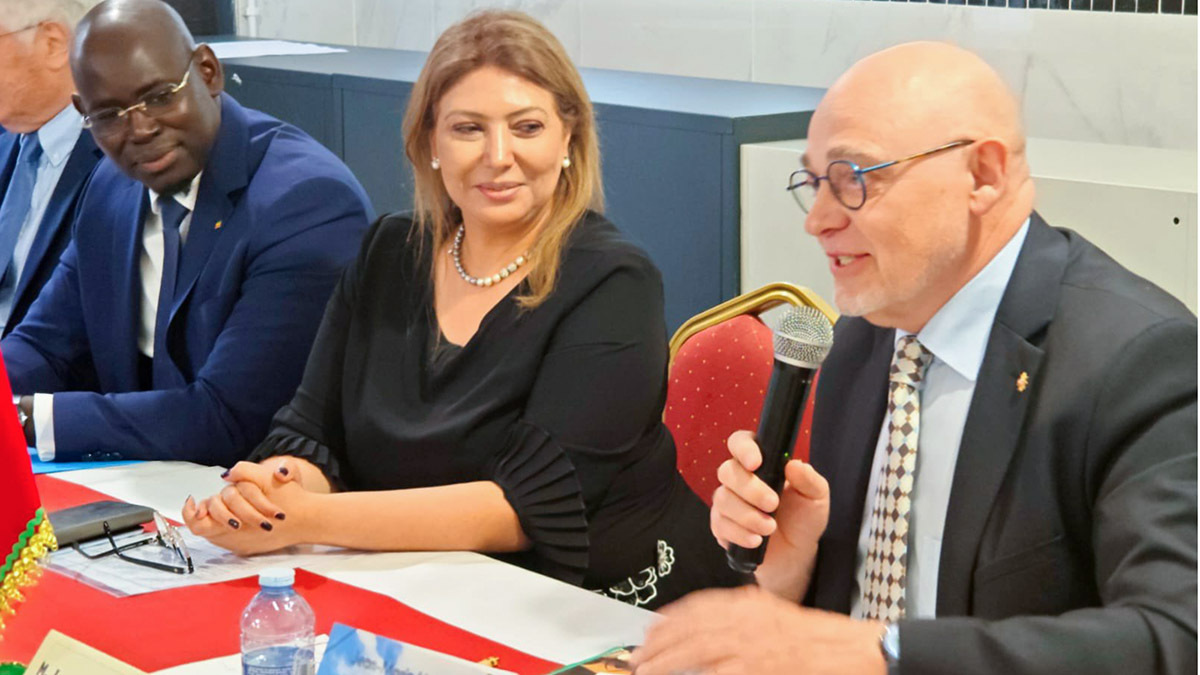
For his part, Ahmed Kathir, director of the Regional Investment Centre (CRI) in Dakhla-Oued Eddahab, spoke by videoconference from Dakhla and presented the economic assets and opportunities offered by this region. In his speech, entitled ‘The Dakhla-Oued Eddahab region: the realisation of the Royal Vision at the service of Euro-African collaboration,’ he highlighted the rise of Dakhla as a multidimensional centre attracting national and international investors. He also assured that the region is moving towards an inclusive, sustainable development model focused on Afro-European cooperation.
Kathir also emphasised the green energy projects promoted by the CRI, which will enable Europe to advance its decarbonisation objectives through the production of green hydrogen, green ammonia and green steel, projects recently approved by the Moroccan government as part of its national strategy.
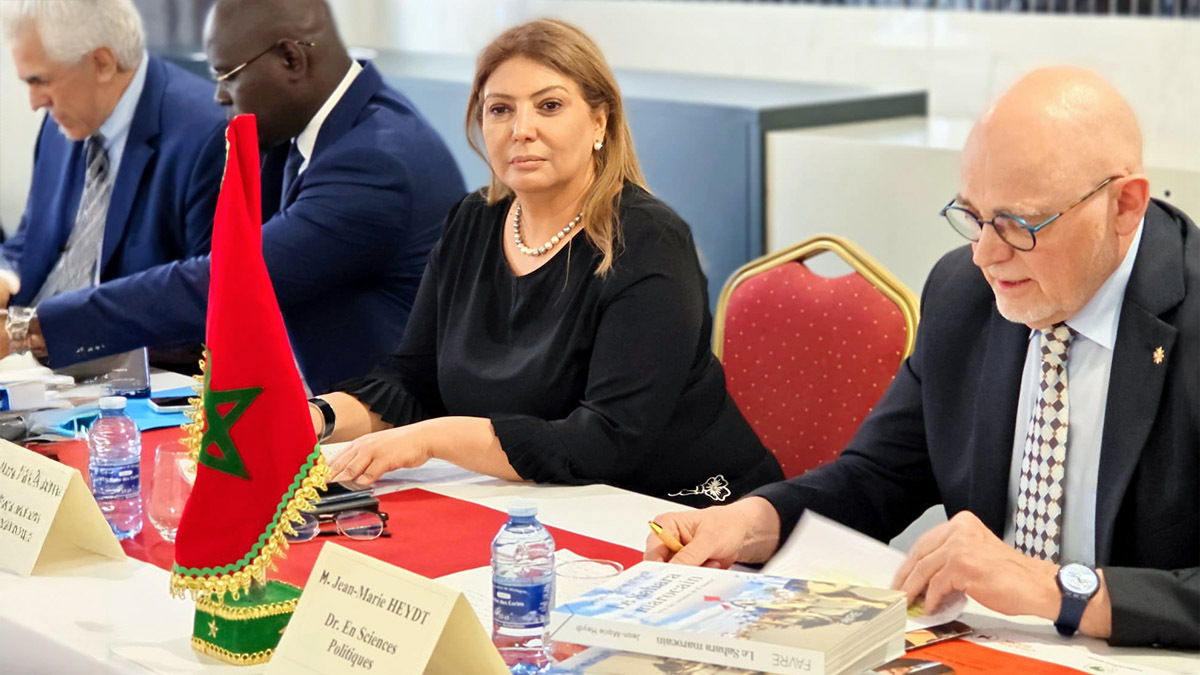
Similarly, Alain Dupouy, president of the ‘Objectif Afrique Avenir (O2A)’ club and former head of relations with Africa, addressed the issue of decentralised cooperation as a lever for sustainable co-development. He pointed out that, while states need more time to formalise commitments, regions and cities have demonstrated a great capacity to establish effective partnerships.
In this regard, he encouraged the major French regions and the southern provinces of Morocco to strengthen this dynamic of triangular cooperation between Morocco, France and Africa in sectors such as culture, tourism, education and the economy.
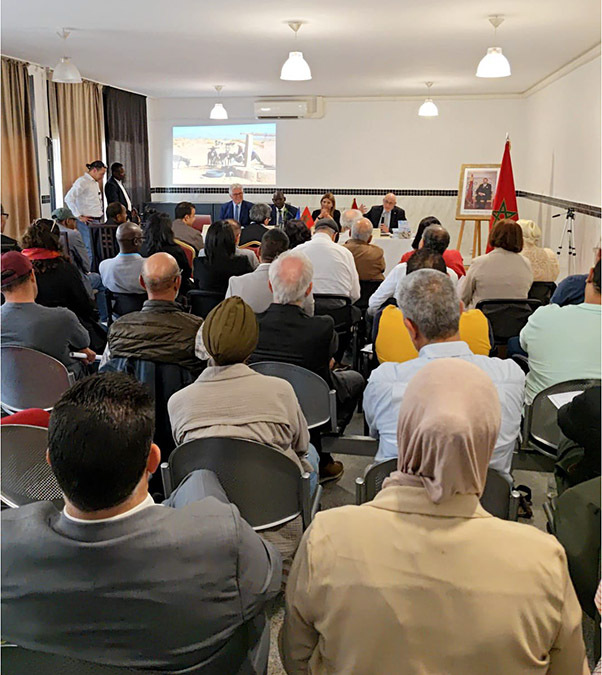
Finally, the Consul General of Morocco in Bordeaux, Nouzha Sahel, stressed the importance of taking advantage of the economic dynamism and investment potential currently existing in the region to build bridges of exchange and foster multifaceted partnerships. She recalled that the Atlantic Initiative, promoted by Rabat, seeks to consolidate the Sahara as a gateway to the Atlantic, connecting Morocco, West Africa and the Sahel, and positioning the region as a key energy and economic hub.
‘The Moroccan Sahara region is not simply an area south of the Kingdom,’ she said, ‘it is today a true strategic crossroads in the midst of transformation, where aspirations for sustainable development, South-South cooperation and regional integration converge in a spirit of solidarity, co-development and mutual respect, in line with the real ambition of an Africa taking control of its own destiny.’

